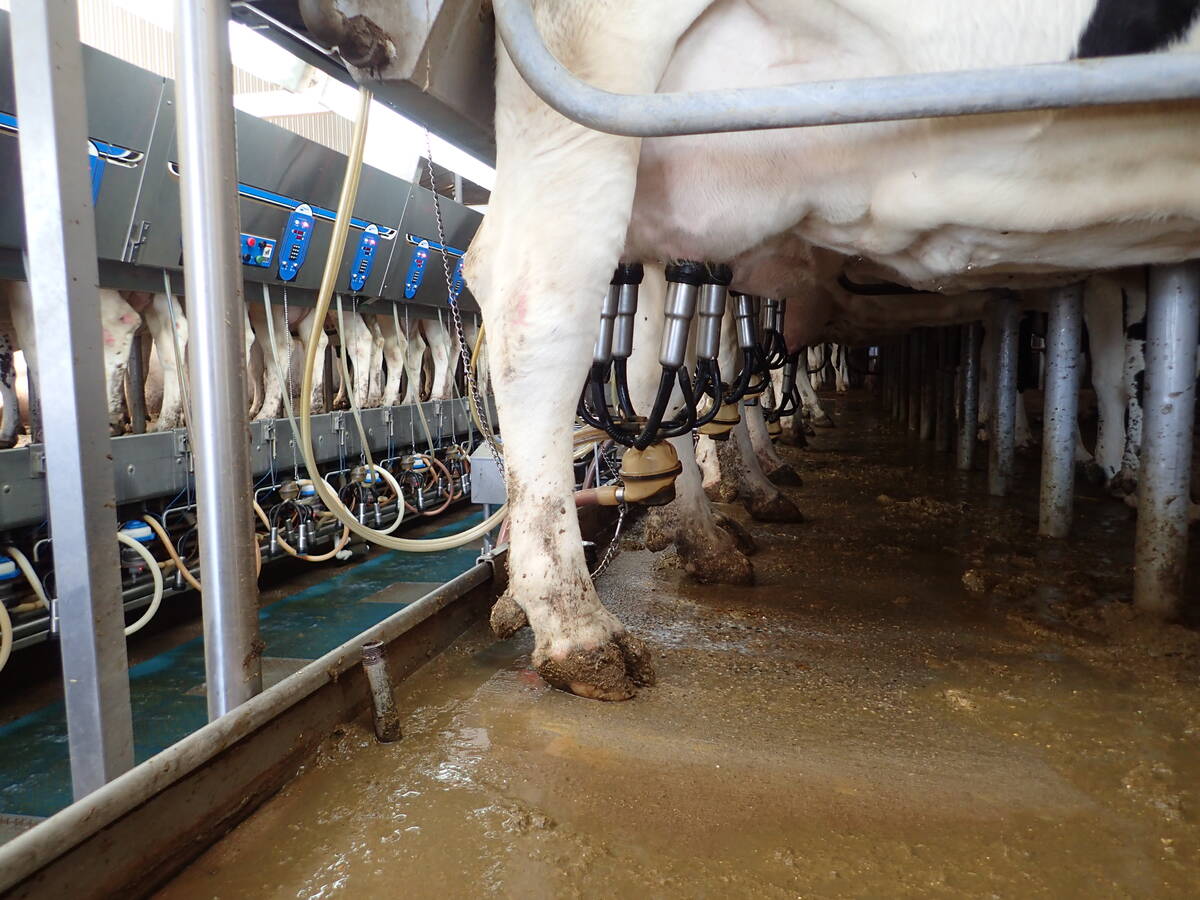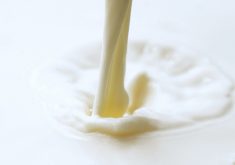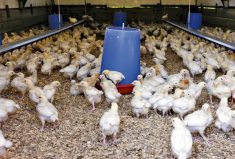New Zealand dairy, sheep and beef farmers say they are disappointed by the recently signed New Zealand-European Union free trade agreement, claiming it provides little new access to the profitable market for meat and dairy.
The agreement, which has been in negotiation since mid-2018, will remove tariffs on a wide range of products and be the first struck by the EU to include potential sanctions for violations of environmental or labour standards.
Tariffs will fall for EU exports such as clothing, chemicals, pharmaceuticals and cars, as well as wine and confectionary. The EU will increase by 10,000 tonnes its quota of New Zealand beef, a sensitive area for France in particular, as well as raising volumes for lamb, butter and cheese.
Read Also

Manitoba dairy farmers not bothered by milk price freeze
Manitoba announced the 2026 freeze on retail milk prices for one-litre jugs on Jan. 13.
The New Zealand government has said the agreement provides tangible gains into a restrictive agricultural market.
But the New Zealand meat and dairy sectors say this has little impact on them.
Simon Tucker, a director of trade at dairy giant Fonterra, said in a statement that outcomes for dairy were very disappointing and reflect the degree of protectionism afflicting dairy trade globally. — Reuters
















